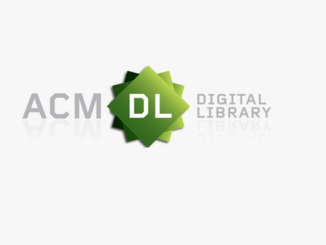Homo Politicus meets Homo Ludens: Public participation in serious life science games
Public participation in science and gamification of science are two strong contemporary trends, especially in the area of emerging techno-sciences. Involvement of the public in research-related activities is an integral part of public engagement with […]





